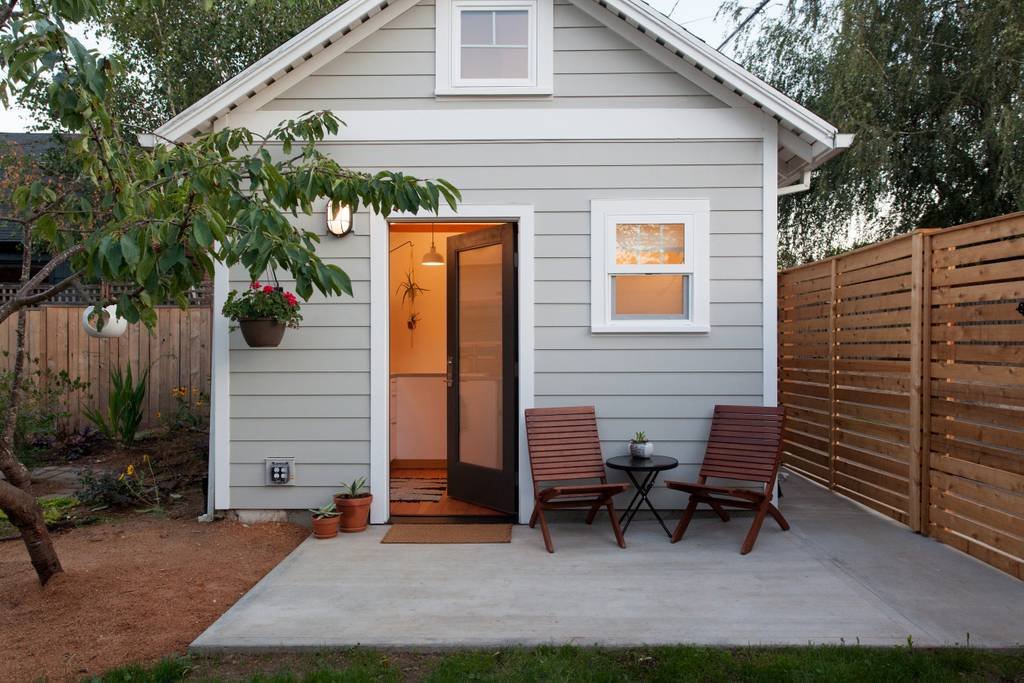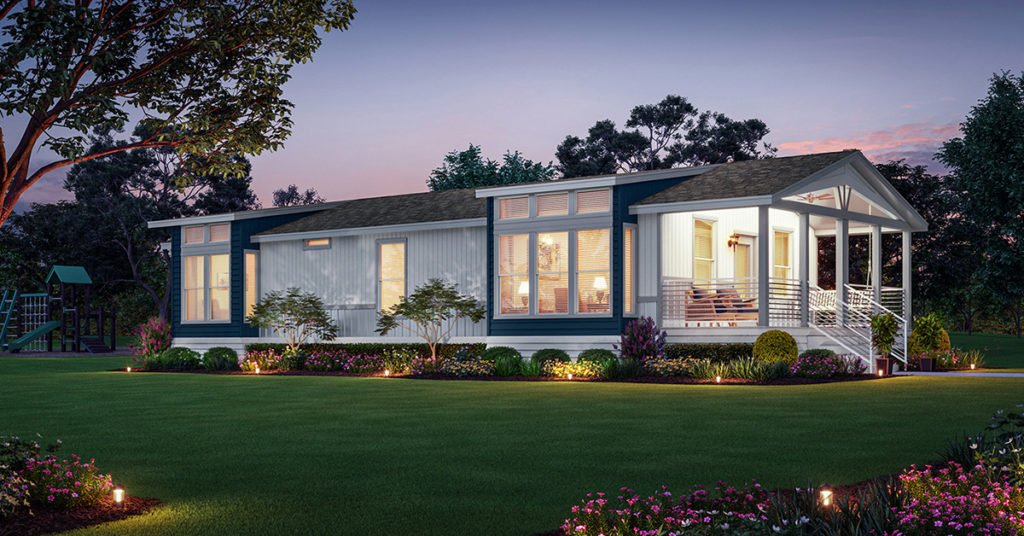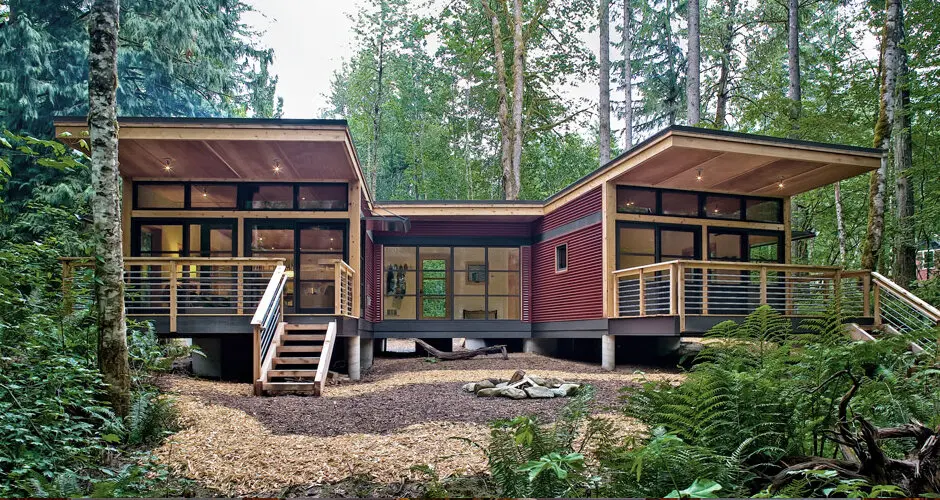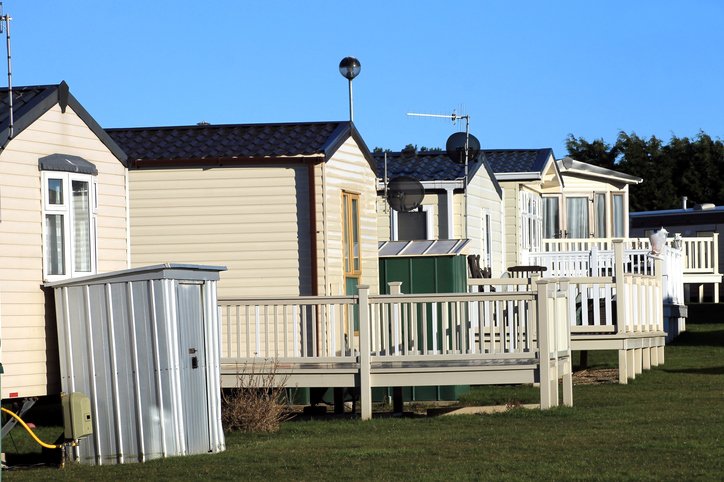Uncategorized
Mobile Home Communities Near Me – Finding Your Ideal Neighborhood
Table of Contents
Mobile home communities, often referred to as manufactured home parks, are undergoing a significant transformation, shedding outdated stereotypes and emerging as vibrant, affordable, and amenity-rich neighborhoods that offer a compelling alternative to traditional housing. Far from being mere parking lots for homes, modern mobile home communities are thoughtfully designed residential developments that provide a strong sense of community, shared facilities, and a cost-effective path to homeownership or long-term rental. The search for
mobile home communities near me is increasingly driven by individuals and families seeking a balance of affordability, community living, and desirable amenities.
These communities cater to a diverse demographic, from young families and working professionals to active seniors and those seeking a more minimalist lifestyle. Many offer a wide range of amenities, including clubhouses, swimming pools, fitness centers, playgrounds, and organized social activities, fostering a strong sense of belonging and neighborly interaction. The affordability of manufactured homes, combined with the community-focused environment, makes these parks an attractive option in today’s competitive housing market.
This article will guide you through the process of finding your ideal mobile home community, exploring the different types of parks, the amenities they offer, key factors to consider during your search, and how to evaluate a community to ensure it aligns with your lifestyle and needs. Whether you’re looking to buy or rent, understanding the nuances of manufactured home parks is crucial for making an informed decision.
Understanding Mobile Home Communities
What is a Mobile Home Community?
A mobile home community, or manufactured home park, is a residential development where individual lots are leased or sometimes sold to owners of manufactured homes. These communities provide essential infrastructure, including utilities (water, sewer, electricity, gas), roads, and often a range of shared amenities and services. Residents typically own their homes but lease the land beneath them, paying a monthly lot rent that covers the land lease and access to community facilities.
Evolution of Manufactured Home Parks
Historically, mobile home parks sometimes carried a negative stigma. However, the industry has undergone significant modernization. Today’s manufactured home communities are often professionally managed, well-maintained, and designed with attractive landscaping, modern infrastructure, and a focus on resident quality of life. Many new developments are indistinguishable from traditional residential neighborhoods, featuring high-quality homes and desirable amenities.
Key Components of a Mobile Home Community
•Lots: Individual parcels of land where manufactured homes are placed. These typically include utility hookups. Manufactured home parks
•Infrastructure: Roads, street lighting, water, sewer, and electrical systems maintained by the community management.
•Amenities: Shared facilities for residents, which can range from basic laundry rooms to extensive recreational complexes.
•Management: On-site or off-site management responsible for maintaining the community, enforcing rules, and assisting residents.
•Community Rules (Lease Agreement): A set of guidelines governing resident behavior, home maintenance, pet policies, and other aspects of community living.

Types of Mobile Home Communities
Mobile home communities cater to diverse demographics and lifestyles, offering specialized environments to meet specific needs:
1. All-Age Communities
•Description: These communities welcome residents of all ages, including families with children, young professionals, and seniors. They are typically designed to accommodate a mix of lifestyles.
•Amenities: Often feature playgrounds, basketball courts, swimming pools, and community centers with activities for various age groups.
•Vibe: Diverse, active, and family-friendly, with a mix of social events and quiet areas.
2. 55+ Senior Communities
•Description: Restricted to residents aged 55 and older, these communities are designed for active adults seeking a quiet, amenity-rich, and social environment. They often provide a strong sense of camaraderie among peers.
•Amenities: May include clubhouses, golf courses, fitness centers, swimming pools, shuffleboard courts, craft rooms, and organized social clubs and events tailored for seniors.
•Vibe: Peaceful, social, and activity-focused, with an emphasis on leisure and community engagement.
3. Pet-Friendly Communities
•Description: These communities specifically welcome residents with pets, often providing amenities like dog parks, pet washing stations, and walking trails. They may have specific rules regarding pet size, breed, and number.
•Amenities: Dedicated pet areas, waste stations, and sometimes pet-focused social events.
•Vibe: Welcoming to animal lovers, with a focus on responsible pet ownership and shared enjoyment of pets.
4. Family-Oriented Communities
•Description: Similar to all-age communities but with a stronger emphasis on features and activities that cater to families with children. Proximity to good schools is often a key selling point.
•Amenities: Extensive playgrounds, sports fields, community pools with child-friendly areas, and organized youth activities.
•Vibe: Lively, supportive, and focused on creating a safe and engaging environment for children.
5. Luxury and Resort-Style Communities
•Description: These high-end communities offer premium amenities and services, often resembling upscale residential developments. They cater to residents seeking a resort-like lifestyle at a more affordable price point than traditional luxury homes. Mobile home parks
•Amenities: Gated entrances, championship golf courses, spas, fine dining, concierge services, and elaborate clubhouses.
•Vibe: Exclusive, sophisticated, and focused on high-end leisure and social experiences.
Key Factors to Consider When Searching for a Mobile Home Community
Finding the right mobile home community involves more than just finding an available lot. It requires careful consideration of several factors that will impact your daily life and long-term satisfaction:
1. Location, Location, Location
•Proximity to Work and Services: Consider your commute, access to grocery stores, healthcare facilities, schools, and other essential services.
•Local Amenities: Research nearby parks, recreational facilities, shopping centers, and entertainment options that align with your interests.
•Neighborhood Safety: Investigate crime rates and the overall safety of the surrounding area. Visit the community at different times of day.
•School Districts: If you have children, research the quality of local schools and their proximity to the community.
2. Lot Rent and Fees
•Monthly Lot Rent: Understand what is included in the lot rent (e.g., water, sewer, trash, amenities, property taxes on the land). Compare this to other communities.
•Additional Fees: Ask about any additional fees, such as utility hookup fees, pet fees, application fees, or fees for specific amenities.
•Lease Terms: Clarify the lease duration, renewal policies, and any potential rent increases.
3. Community Amenities and Facilities
•Recreational Facilities: Evaluate the quality and availability of amenities like swimming pools, fitness centers, clubhouses, sports courts, and playgrounds.
•Social Activities: If community engagement is important to you, inquire about organized social events, clubs, and resident gatherings.
•Maintenance and Upkeep: Observe the overall cleanliness and maintenance of common areas, roads, and landscaping. A well-maintained community indicates good management.
4. Community Rules and Regulations
•Pet Policy: If you have pets, thoroughly review the pet policy, including breed restrictions, size limits, and any additional fees or rules.
•Home Appearance and Maintenance: Understand the rules regarding exterior home appearance, landscaping, and modifications. Some communities have strict aesthetic guidelines.
•Noise and Nuisance Policies: Clarify rules regarding noise levels, parking, and other potential nuisances to ensure a comfortable living environment.
•Guest Policies: Understand rules regarding visitors, overnight guests, and extended stays.
5. Management and Ownership
•Management Responsiveness: Assess how responsive and professional the community management is during your inquiries. This often reflects the level of service you can expect as a resident.
•Reputation: Research the management company or owner’s reputation. Look for reviews from current and past residents.
•On-Site Management: Communities with on-site management often provide quicker responses to issues and a more personal touch.

How to Evaluate a Mobile Home Community
Once you’ve identified potential communities, a thorough evaluation process is essential:
1. Visit the Community in Person
•First Impressions: Pay attention to the overall appearance, cleanliness, and curb appeal of the community. Are the roads well-maintained? Is the landscaping tidy?
•Drive Through: Drive through the entire community, not just the entrance. Observe the condition of the homes, lots, and common areas.
•Visit at Different Times: Visit during both weekdays and weekends, and during the day and evening, to get a comprehensive sense of the community’s atmosphere and activity levels.
2. Talk to Current Residents
•Get Honest Feedback: If possible, speak with current residents about their experiences. Ask about management responsiveness, community rules, noise levels, and overall satisfaction.
•Ask Specific Questions: Inquire about things that are important to you, such as utility costs, social activities, or how maintenance issues are handled.
3. Review the Lease Agreement and Community Rules
•Read Carefully: Before signing anything, thoroughly read and understand the entire lease agreement and all community rules and regulations. Don’t hesitate to ask for clarification on any points.
•Understand Your Rights: Familiarize yourself with tenant rights for manufactured home communities in your state.
4. Inspect the Lot and Utilities
•Lot Condition: Check the condition of the specific lot you are considering. Is it level? Are there any drainage issues? Is there adequate space for your home and outdoor living?
•Utility Hookups: Confirm the availability and condition of utility hookups (water, sewer, electricity, gas, internet/cable).
5. Consider the Long-Term Fit
•Future Plans: Does the community align with your long-term housing needs? If you plan to stay for many years, ensure the community’s rules and amenities will continue to meet your evolving lifestyle.
•Resale Value: While you own the home, the community’s quality and desirability can impact your home’s resale value if you decide to sell in the future.
The Future of Mobile Home Communities
The future of mobile home communities is bright, with ongoing trends pointing towards increased modernization, enhanced amenities, and a growing recognition of their role in providing affordable and sustainable housing. We can expect to see:
•More Upscale Developments: A continued rise in luxury and resort-style communities offering high-end amenities and services.
•Smart Community Integration: Communities incorporating smart technology for common areas, security, and utility management.
•Focus on Sustainability: More communities adopting green practices, such as solar-powered common areas, water conservation initiatives, and eco-friendly landscaping.
•Increased Professional Management: A shift towards larger, more professional management companies ensuring consistent quality and resident satisfaction.
•Diverse Housing Options: Communities may offer a mix of manufactured homes, tiny homes, and even modular homes, catering to a wider range of preferences.
As housing affordability remains a critical issue, mobile home communities will continue to play a vital role in providing accessible homeownership and rental opportunities. Their evolution into well-managed, amenity-rich neighborhoods makes them an increasingly attractive option for those seeking a vibrant community lifestyle without the prohibitive costs of traditional housing.
Frequently Asked Questions About Mobile Home Communities
What is the difference between a mobile home park and a manufactured home community?
The terms are often used interchangeably.
However, “manufactured home community” is the more modern and preferred term, reflecting the higher quality and permanent nature of today’s manufactured homes.
Do I own the land in a mobile home community?
In most mobile home communities, you own the manufactured home but lease the land (lot) it sits on. You pay a monthly lot rent to the community management. In some communities, particularly newer ones, you may have the option to purchase the land along with the home.
What does lot rent typically cover?
Lot rent usually covers the cost of leasing the land, access to community amenities, and often includes services like trash removal, water, and sewer. It’s crucial to clarify exactly what is included in the lot rent before signing a lease.
Are mobile home communities safe?
Modern mobile home communities are generally safe, often featuring professional management, community rules, and sometimes gated entrances. Like any neighborhood, safety can vary, so it’s important to research the specific community and its surrounding area.
Can I place any mobile home in any community?
No. Communities often have specific rules regarding the age, size, and appearance of homes they will accept. Always confirm with community management before purchasing a home or attempting to move one into a park.
Take a look at our furnished mobile homes for rent for a hassle-free move-in.
Shop the family-sized 3 bed 2 bath mobile home for sale.
Browse through mobile home dealers in your area to compare offers.
Discover the benefits of eco-friendly mobile homes.

Conclusion: Your Ideal Community Awaits
Mobile home communities offer a compelling and often overlooked housing solution, providing affordability, a strong sense of community, and a wealth of amenities. By understanding the different types of communities and carefully evaluating your options, you can find a manufactured home park that perfectly aligns with your lifestyle, budget, and long-term housing goals.
As the industry continues to evolve, these communities are increasingly becoming desirable neighborhoods, offering a unique blend of independent living and shared resources. Your ideal mobile home community is out there, waiting to welcome you home.
To find mobile home communities near you and explore available homes, contact TrailerHousesForRent.com at (657) 224-3173 or browse our listings of manufactured home parks.

